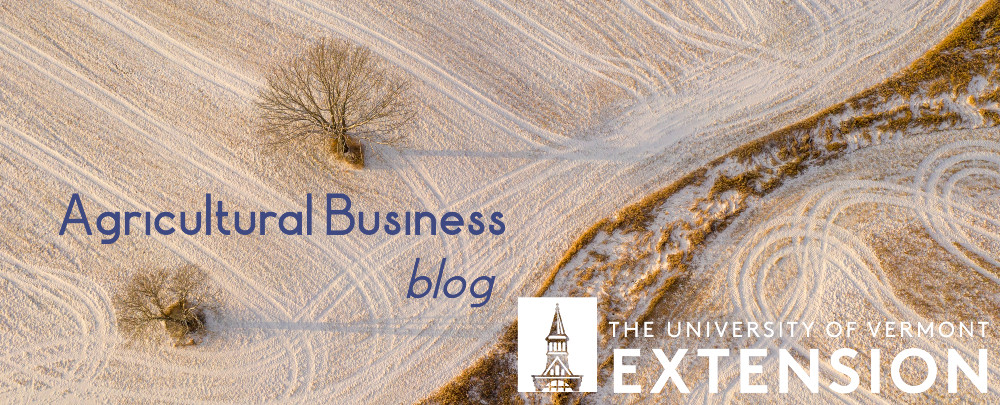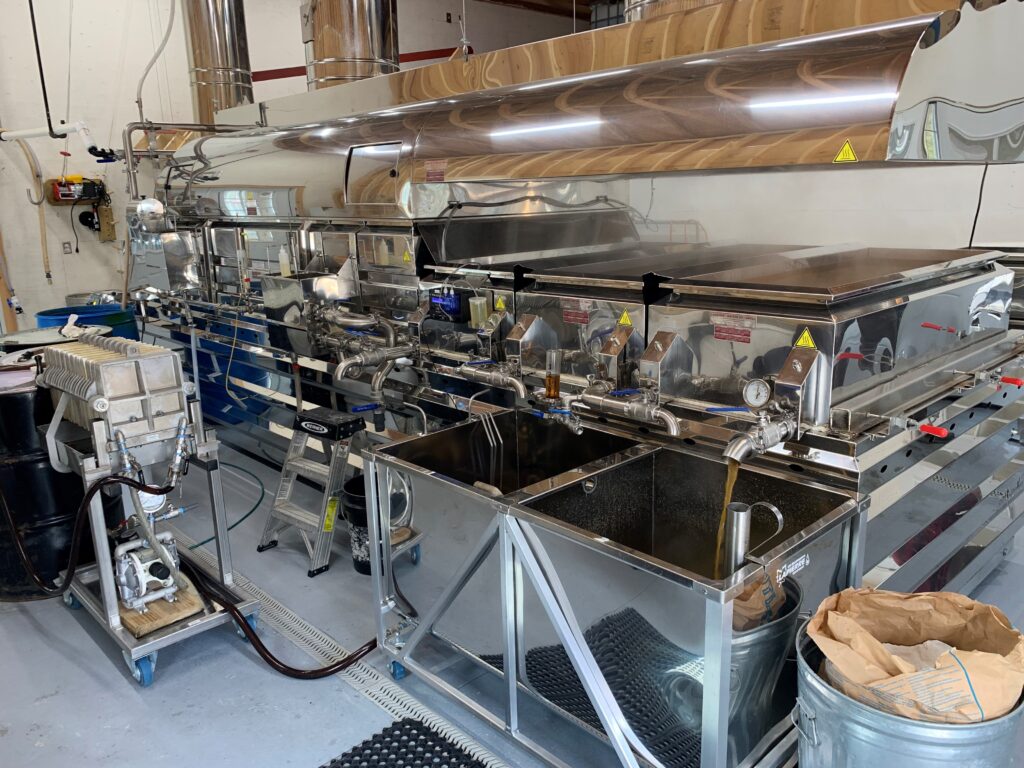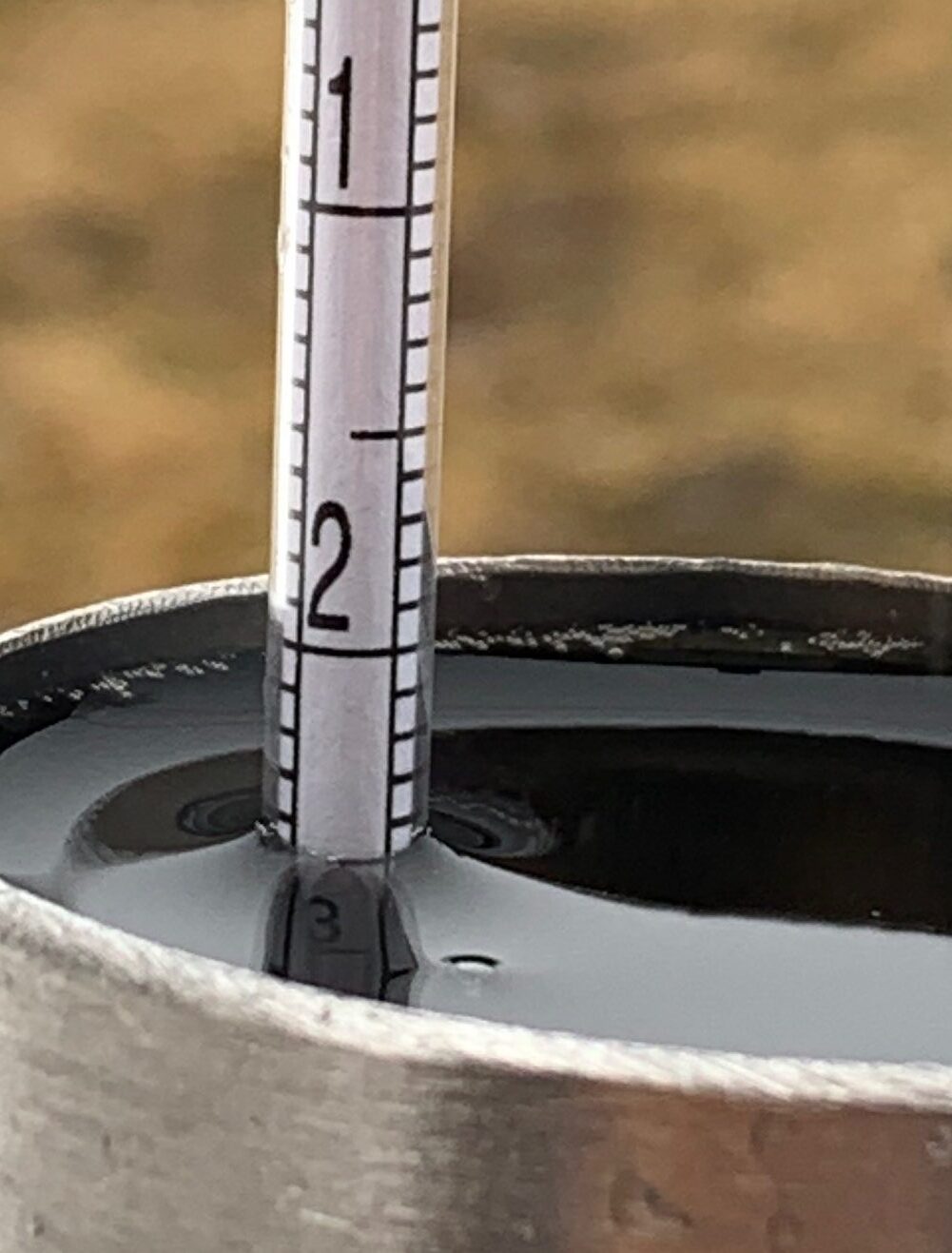A number of programs and partner projects are happening already in 2023. Here is a look at the things going on today.
Vermont Dairy Summary – January/February 2023 : Dairy management educators Tony Kitsos and Whitney Hull have begun to publish the monthly Vermont Dairy Update. A big thanks to Diane Bothfeld and a tremendous career with the VT Agency of Food, Agricultural and Markets. UVM Extension plans to maintain core dairy statistics in the monthly report and begin to include commentary and analysis to explore the major trends impacting dairy management decisions. See the most recent count on active dairy farms and price trends below.
Maple Sap Business Promotion – Sap/syrup producer survey closes soon!
UVM Extension Maple Business is developing financial tools and technical guidance to help folks make decisions about maple sap business ventures, and conducting a sap/syrup producer survey at: https://www.surveymonkey.com/r/SapProducerSurvey2022 to gather in-depth information on sap business economic activity across the maple region.
The survey is open through February. The information gained from the study will help maple sap producers understand and learn more about production practices, costs and markets to enhance business opportunities. The results of this survey will be published by UVM Extension, shared in industry publications and discussed at maple conferences beginning in 2023. More information on this project can be found at: https://www.uvm.edu/extension/agriculture/maple-business and at: www.maplemanager.org
Partner Research Spotlight: Rural Childcare Access in Farm Communities
The American Farm Bureau Federation has included the need to support rural childcare access in its 2023 policy priorities for the Farm Bill. In addition, two U.S. senators have drafted a bill to support childcare through the Farm Bill with bi-partisan support. The Marshfield Clinic Research Institute is conducting research to better understand and inform childcare policy and improve access for farm families. A survey is open through February and farm families are encouraged to participate.
Link to the survey: https://redcap.link/Survey1_FarmersRaisingChildren
For more information about the research project, see: https://marshfieldresearch.org/nccrahs/FarmChildrenChildcare



